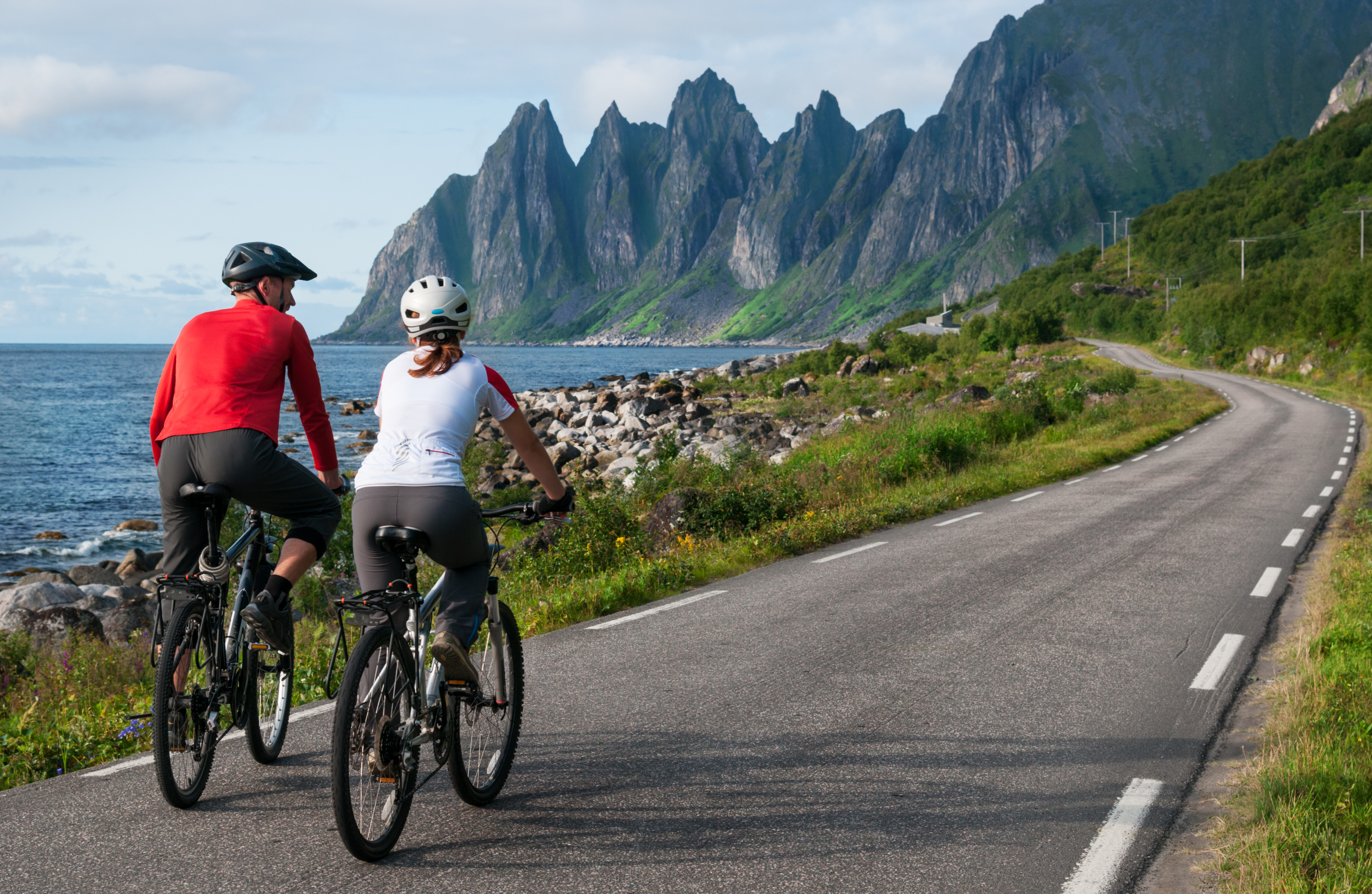Cycle tourism is a progressively deep-rooted inclination in the tourism and economic segment with a great prospect for growth. In Spain itself, the cycling segmentfetchednearly 1.9 billion euros, with over 22,000 employees, as per a report furnished by the Royal Spanish Cycling Federation.
More than 21 million Spaniards possess some type of bicycle. The period of 2015 and 2019, the number of cycle tourism overnight vacationsaugmented by 34%, bringing in 13 million overnight sojourns.
In Europe, cycle tourism by this time fetches more money compared to the cruise section, representing the power and worth that this section of sport tourism is creating year after year throughout the world.
Cycle tourism was already evolving intensely and progressively for several years. However, it has been emphasized by the pandemic along with climate change and the ecological rules that governments are bringing in position.
Cycling is related to sports, health, outdoor physical activities and sustainable conveyance. Cities are experiencing a fast alteration for adapting to the singular means of conveyance by way of funding, planned growth tactics, development and formation of cycle tracks and bicycle-related structure, strategies to encourage the usage of bicycles and other separate ways of transport, which can uphold its use and to make the society at large get accustomed to moving around by bike regularly, comprising the holidays as well.
Tags: Cycle Tourism, Europe, Royal Spanish Cycling Federation
